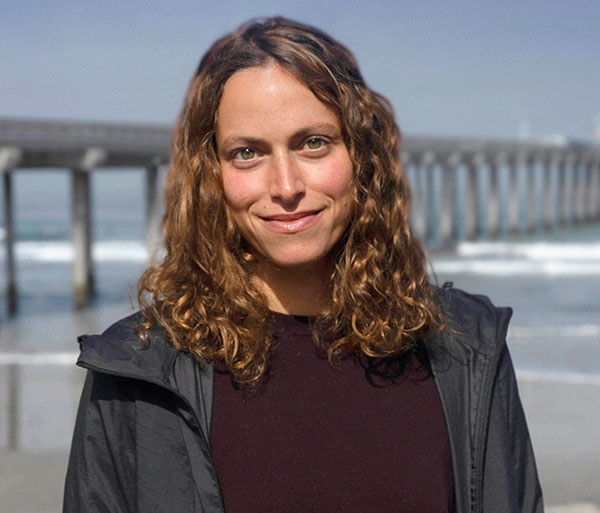
Department Seminar: Lia Siegelman
Title: Meso- and submesoscale as key contributors to vertical transport in the global ocean
Abstract: To date, vertical transport in the ocean is thought to be dominated by the large-scale wind driven circulation (>300 km) and mesoscale eddies (50-300 km). In this talk, I investigate the key, yet underlooked, contribution of submesoscale fronts (<50 km) to vertical transport in the global ocean, using high resolution numerical modeling, remote sensing data and in situ observations collected by instrumented elephant seals. I introduce a paradigm-shifting result emanating from my previous work: the presence of deep-reaching submesoscale fronts down to depths of 1000 m, instead of confined to the first 100 m, as previously thought. I show that deep-reaching fronts are associated with an anomalous upward heat transport, directed from the ocean interior back to the surface. This effect can potentially alter oceanic heat uptake on a global scale. Beside exerting a direct influence on our climate, this dynamics also has far reaching implications for ocean biogeochemisty in terms of vertical advection of nutrients as well as marine ecosystems up to the highest trophic levels. In the second part of my talk, I present my research vision, which is threefold: (i) quantifying the climate impact of mesoscale and submesoscale ocean dynamics in the global ocean (ii) exploring their contribution to air-sea interactions as part of the global water cycle and iii) understanding their impact on sea-ice interactions in the polar regions. An improved knowledge of ocean physics over a broad range of spatial scales should help better predict climate change-related human impacts in the intertwined Earth System.
